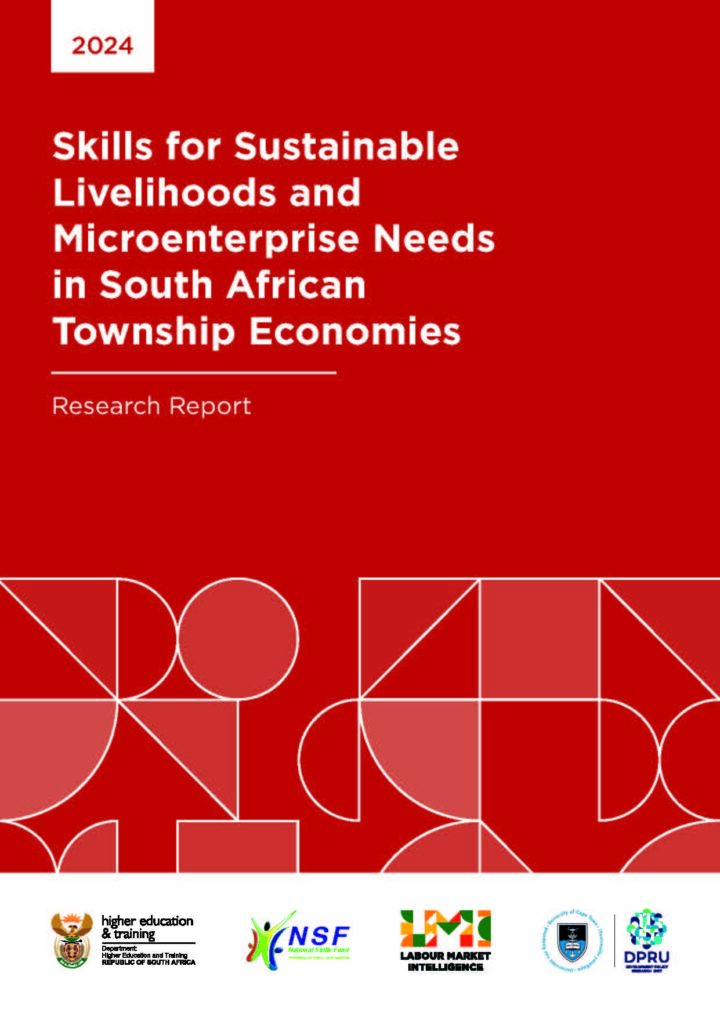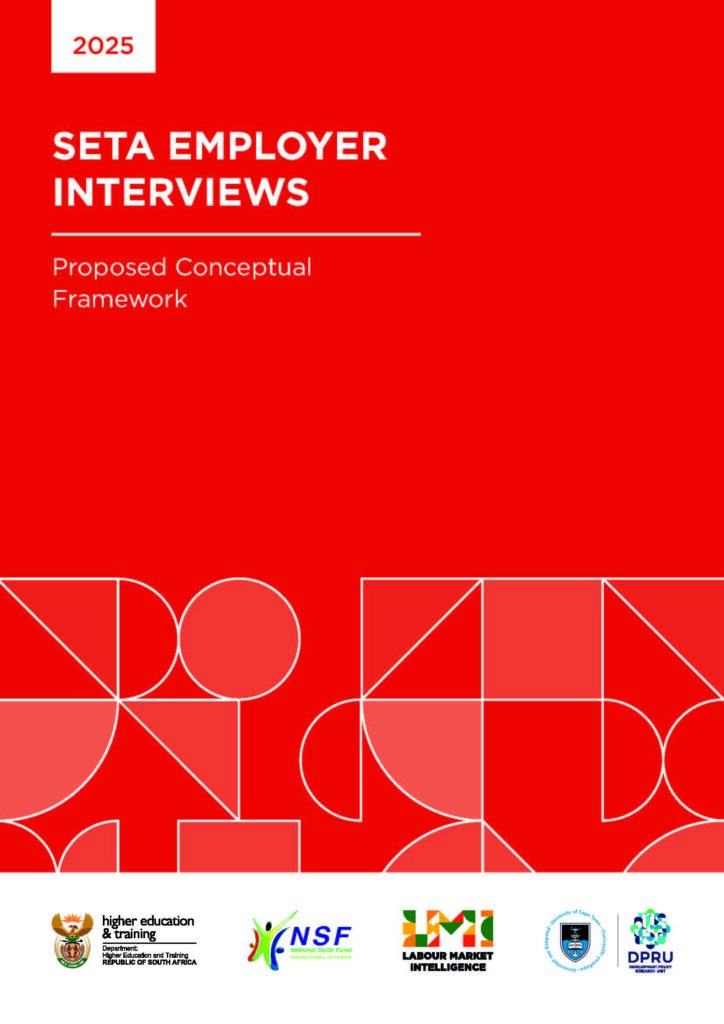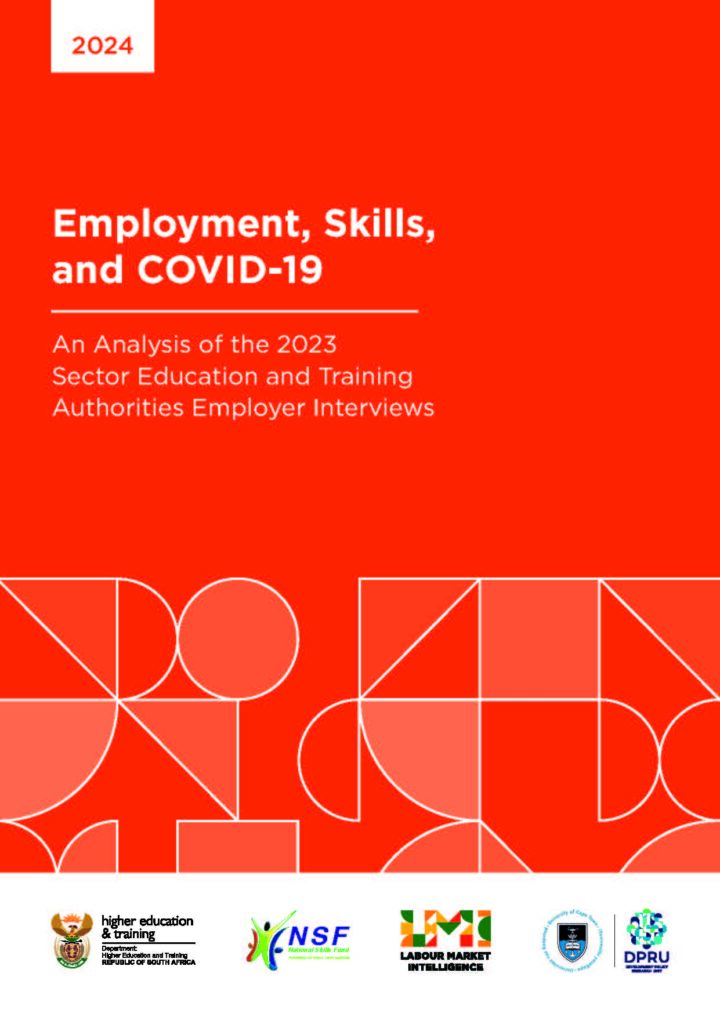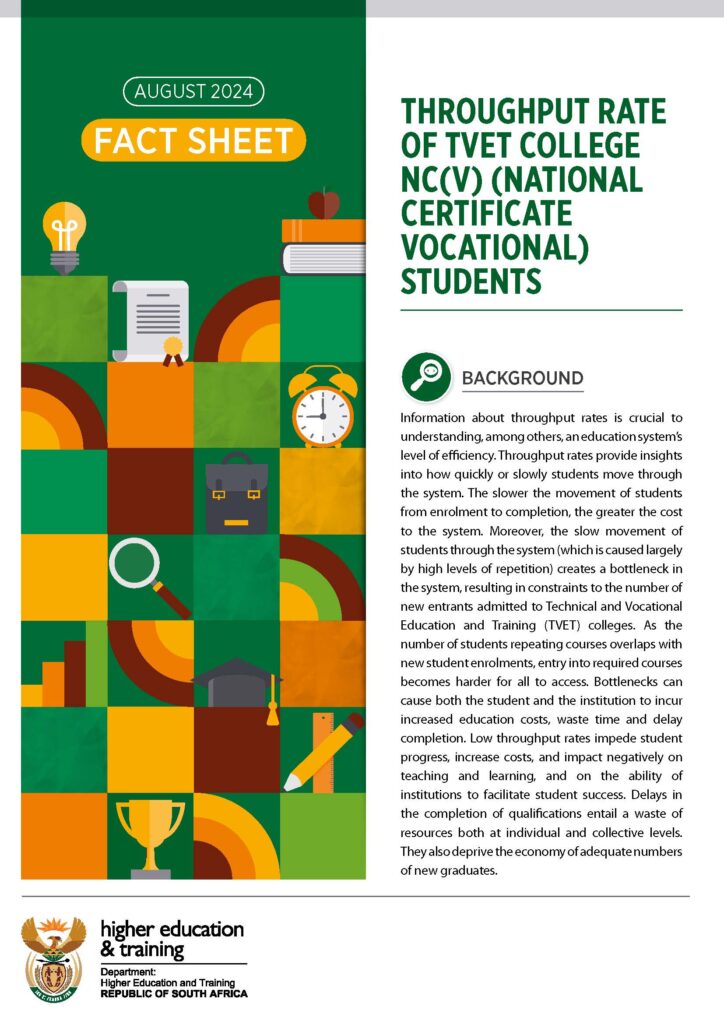Abstract
This research indicates that the development of young peoples’ skills and their readiness to enter the labour market is not solely facilitated by the formal institutional education pathways, although these remain incredibly important means. Instead, labour market entry is shaped by foundational skills and values that are primarily facilitated through informal social institutions (familial, religious, and community relationships), which are themselves somewhat dependant on the larger context, structure, and culture of the communities in which they are found.
Advancing skills development and increasing the capacity of local microenterprises to facilitate employment—and to create new entrepreneurs to drive further employment—ultimately requires the human capacity development of individuals and their communities, so that they can act as wellsprings of economic development.
This publication covers
- Conceptual Framework, methodology and methods
- Context and research sites
- Findings and Analysis



